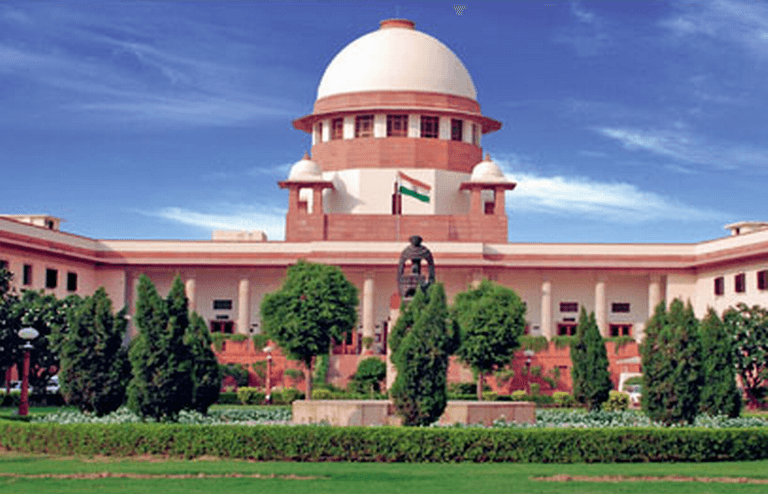Can you claim remedy when your right is extinguished by operation of law?
Shubham
Budhiraja[1]
M/S A, importer &
exporter, booked British Airways to send cargo of fruits and vegetables to
Canada via London. Due to bad weather, the flight couldn't landed in Canada and
goods damaged. British Airline offered to settle 50%. M/s A raised the claim and
filed civil suit for recovery of damages. The Airline raised preliminary
objection of limitation as suit was filed after expiry of 2 years, as stated in
Rule 30 of Air act. The Trial court disallowed the objection stating that there
is an acknowledgment of debt by Airline but High Court allowed the objection. Hon’ble
Supreme Court confirmed the HC Judgment and held that Rule 30 extinguish the
right. When right is not alive due to extinguished then remedy also
extinguished. There is no remedy without right.[2]
(I)
The Air Act, 1972 is an Act to give effect
to various International Conventions for the unification of certain Articles
relating to international carriage by air.
(II)
The International Conventions incorporated
in the Act are the (i) Warsaw Convention, 1929; (ii) The Warsaw Convention,
1929 as amended by the Hague Protocol on 28.09.1955 and (iii) the Montréal
Convention, 1999. Section 3 of the Act incorporates the Warsaw Convention into
the Act as the First Schedule and specifically provides it the status of law in
India. Section 4 incorporates the Hague Protocol and provisions it in The
Second Schedule. Section 4A for giving effect to Montréal convention, provides
The Third Schedule to the Act and specifically provides the status of law to
these provisions.
(III)
The Convention certainly incorporated two
variables in the context of reckoning the period specified in Rule 30 (1) of
limitation. The first event relates to the time, which is a fixed period of two
years. The second event relates to the commencement of cause of action which
has been specified as any of the three events being (i) arrival at the
destination; or (ii) date on which the aircraft ought to have arrived; or (iii)
the date on which the carriage stopped. Now, the only event that remains is the
date on which the action for damages is initiated as this would depend upon the
law of the Court seized of the case.
(IV)
Rule 30(2) specifically provides that “the
method of calculating the period will be determined by the law of the Court
seized of the case.” This should necessarily follow for the reason that the
period of two years for enforcing the right would be extinguished if an action
is not brought within the said period.
(V)
Section 3 of the Limitation Act only bars
the remedy, but when the right itself is extinguished, provisions of the
Limitation Act have no application.
(VI)
The High Courts across the country have also
taken a similar view that the Limitation Act, 1963 will be excluded from
operation for a claim under the Air Act. The High Courts have reasoned that the
Air Act is a special statute and would thus prevail over the Limitation Act,
1963, which is a general statute.
[1]
Advocate, Delhi High Court [LLB,ACS,BCOM(H)], Budhirajalawchambers@gmail.com
[2] CIVIL
APPEAL NO. 4978 of 2022, Supreme Court of India, Judgment dated 29/07/2022




Comments
Post a Comment